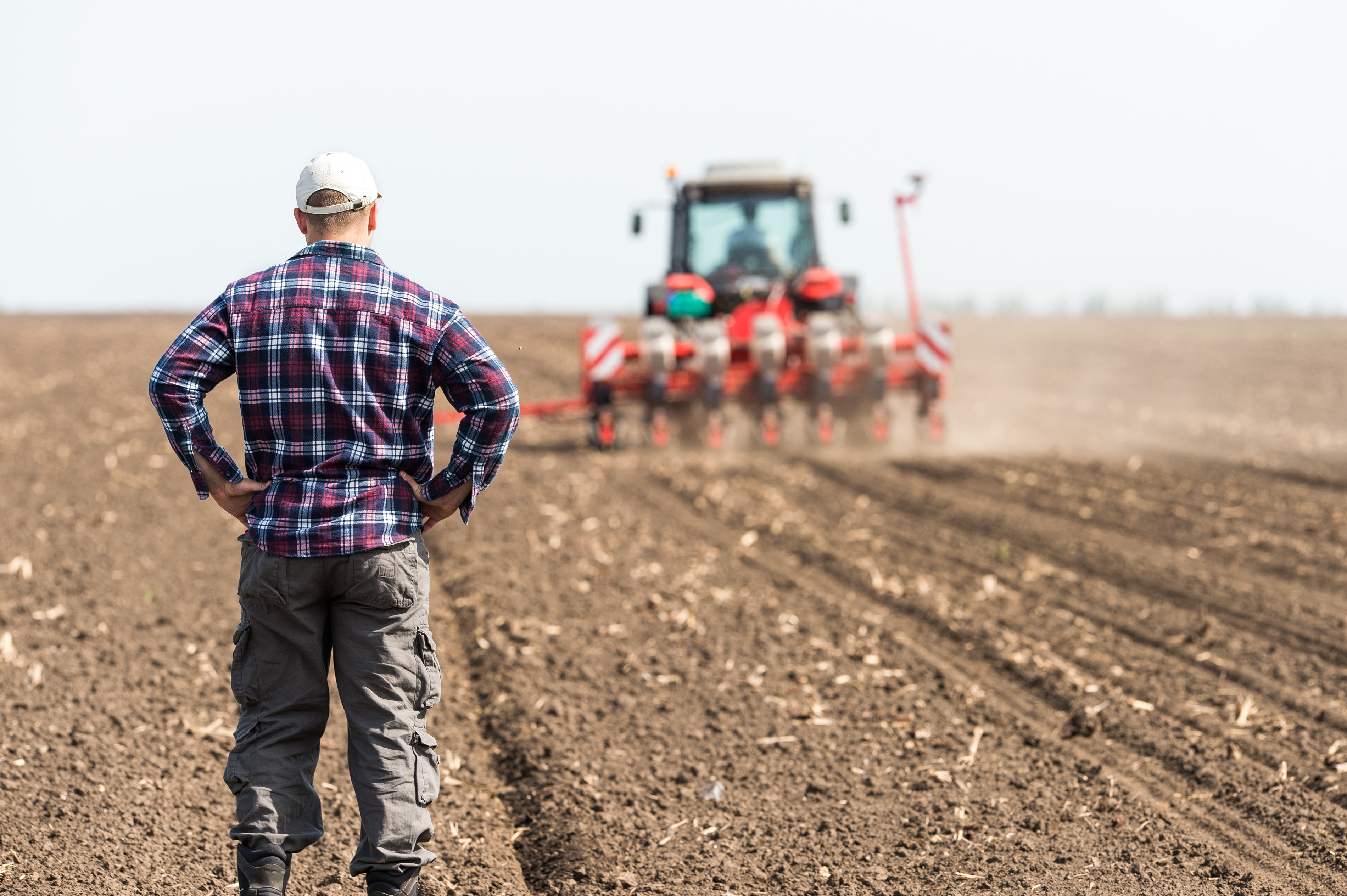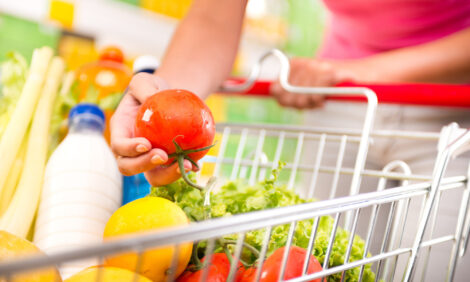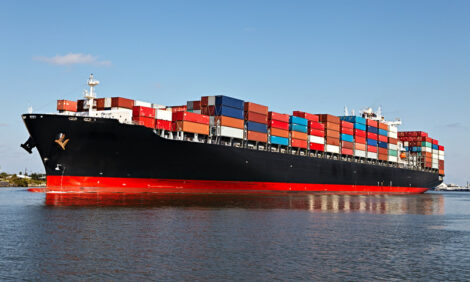



Public banks encouraged to share funding fairly, as data shows that poor farmers are receiving little financial help
As the world's 450 public development banks held their first summit this week, committing to put the global economy on a greener and more resilient path, data showed poor communities hit hard by climate change are receiving little financial help.
According to a report from the Thompson Reuters Foundation, less than 2 percent of climate finance goes to small-scale farmers in developing nations, despite their vulnerability to worsening extreme weather and their crucial role in feeding billions of people, said a new report on Thursday 12 November.
Funds to tackle climate change topped an average of half a trillion dollars in both 2017 and 2018, yet only $10 billion of that went to smallholder farmers each year, according to research from the UN International Fund for Agricultural Development (IFAD) and Climate Policy Initiative think-tank.
That is "a small fraction" of the hundreds of billions of dollars needed annually to help them adapt to climate change, added the report, the first detailed analysis of climate finance flows to farmers on the ground.

"It is unacceptable that the people who produce much of the world's food - and who are at the greatest mercy of increasingly unpredictable weather - receive the least support," Margarita Astralaga, a director at Rome-based IFAD, told the Thomson Reuters Foundation.
The latest figures on climate finance for developing nations, released last week by the Organisation for Economic Co-operation and Development, showed that in 2018, 70 percent of the total went towards reducing emissions, with only 21 percent for adaptation.
In October, international researchers urged donors to end hunger and tackle climate change by nearly doubling their funding to help small farmers.
Worldwide, an estimated 2 billion people grow crops on about 500 million farms of less than five hectares, providing up to 80 percent of food produced in Asia and sub-Saharan Africa, IFAD says.
Rising temperatures, erratic weather and disasters, including more frequent droughts and floods, have destroyed crops and livestock on many such farms, said Astralaga, IFAD's director of environment, climate, gender and social inclusion.
IFAD wants both governments and private investors to channel more money to these farmers so they can adapt to weather shifts as well as curb planet-warming emissions from their work, she said.
They could do that by adopting methods that do less harm to nature, using seeds resilient to climate extremes and accessing weather information and modern technology, she added.
The report - published to coincide with the Finance in Common summit of development banks, organised by France - cited estimates that small farmers require about $240 billion per year for expenses on their land and at home.
Agribusiness companies need additional financing to invest in technology and transport to reach remote farmers, to the tune of $132 billion per year in sub-Saharan Africa alone, it added.
Read the full report from Thompson Reuters here.
Source: Reuters


